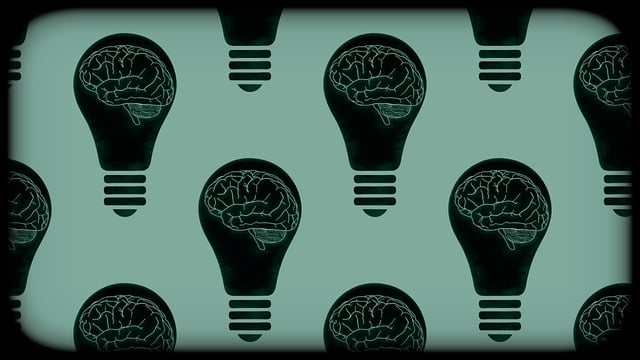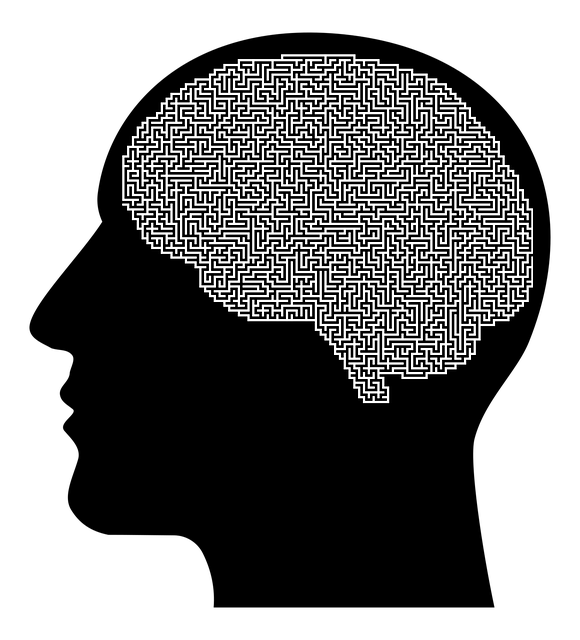Crisis intervention for adolescent teens combines psychological testing with tailored therapy to address unique mental health challenges like identity formation, peer pressure, and academic stress. Standardized assessments help therapists plan customized sessions, building resilience through coping mechanisms, problem-solving skills, and healthy communication. Early detection through testing identifies issues like anxiety or depression, enabling prompt interventions that prevent escalating crises. This holistic approach, including cognitive-behavioral therapy and stress reduction methods, empowers teens to manage future challenges effectively.
“In today’s challenging world, crisis intervention strategies are vital for supporting adolescent teens navigating turbulent times. This article guides professionals through essential aspects of crisis care. We explore ‘Understanding Crisis Intervention for Adolescent Teens,’ delve into the ‘Role of Psychological Testing,’ and uncover ‘Effective Strategies for Implementing Crisis Support.’ By integrating evidence-based practices, including therapy for adolescent teens, this resource aims to enhance preparedness in managing crises effectively.”
- Understanding Crisis Intervention for Adolescent Teens
- Psychological Testing: Its Role in Crisis Intervention
- Effective Strategies for Implementing Crisis Support
Understanding Crisis Intervention for Adolescent Teens

Crisis intervention for adolescent teens is a specialized field within mental health support, focusing on providing immediate and targeted assistance during times of acute distress or high-risk situations. These interventions are crucial in helping young individuals navigate turbulent periods, such as severe emotional crises, suicidal ideation, or trauma reactions. Understanding the unique challenges faced by teens is essential; they often struggle with issues like identity formation, peer pressure, academic pressures, and family dynamics, which can contribute to heightened vulnerability during crises.
Effective crisis intervention strategies for adolescent teens involve a combination of therapy techniques tailored to their developmental stage. This may include psychological testing to assess the teen’s mental health status, identify underlying issues, and guide appropriate treatment planning. Building resilience is a key aspect; helping teens develop coping mechanisms, enhance problem-solving skills, and foster healthy communication strategies can empower them to manage future crises more effectively. Mental health education programs designed specifically for adolescents can also play a significant role in crisis prevention by promoting self-awareness, emotional regulation, and stress management.
Psychological Testing: Its Role in Crisis Intervention

Psychological testing plays a pivotal role in crisis intervention strategies, especially for adolescent teens. These assessments provide valuable insights into an individual’s mental health status, cognitive abilities, and emotional responses during stressful situations. By employing standardized tools and measures, therapists can gain a comprehensive understanding of a teen’s psychological landscape. This information is crucial for tailoring therapy sessions to address specific needs, whether it’s facilitating communication through social skills training or addressing cultural sensitivities in mental healthcare practice.
In the context of crisis intervention, psychological testing helps identify underlying issues that might otherwise remain hidden. For example, public awareness campaigns can educate both teens and their support networks about the importance of early detection and intervention for conditions like anxiety disorders or depression. Through this approach, appropriate interventions can be implemented promptly, preventing escalating crises and promoting positive outcomes in therapy for adolescent teens.
Effective Strategies for Implementing Crisis Support

In implementing crisis intervention strategies for adolescent teens, a holistic approach that combines therapy and psychological testing proves highly effective. Therapy sessions tailored to this age group often involve cognitive-behavioral techniques to address immediate distress while also teaching valuable coping skills. By facilitating open dialogue and fostering positive thinking, therapists can help teens develop resilience against future crises. Psychological testing plays a crucial role in understanding the underlying factors contributing to the crisis, allowing for more targeted interventions.
Complementing these approaches with stress reduction methods and self-esteem improvement strategies further enhances the support system. Encouraging adolescents to engage in activities that promote mindfulness and relaxation can mitigate the intensity of stressful situations. Similarly, boosting self-esteem through affirmations, goal setting, and achievable milestones empowers teens to confront challenges head-on. Integrating these strategies seamlessly ensures a comprehensive crisis intervention program designed to meet the unique needs of adolescent teens.
In conclusion, crisis intervention plays a pivotal role in supporting adolescent teens through challenging times. By understanding the nuances of crisis intervention and employing effective strategies, such as psychological testing, professionals can provide crucial guidance during these critical moments. Integrating therapy for adolescent teens with comprehensive psychological assessments enables a more tailored approach to crisis support, ensuring that each individual receives the necessary care to navigate and overcome their challenges successfully.














